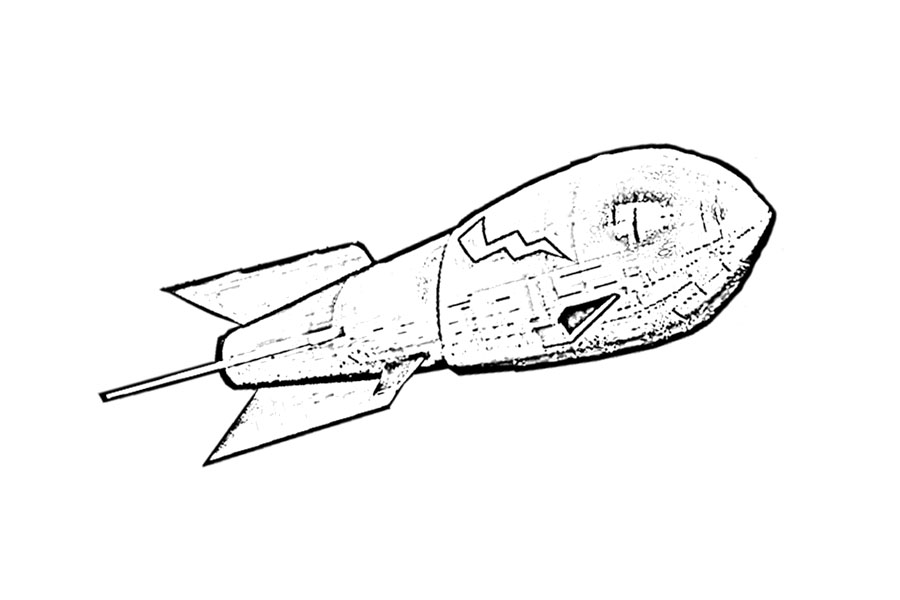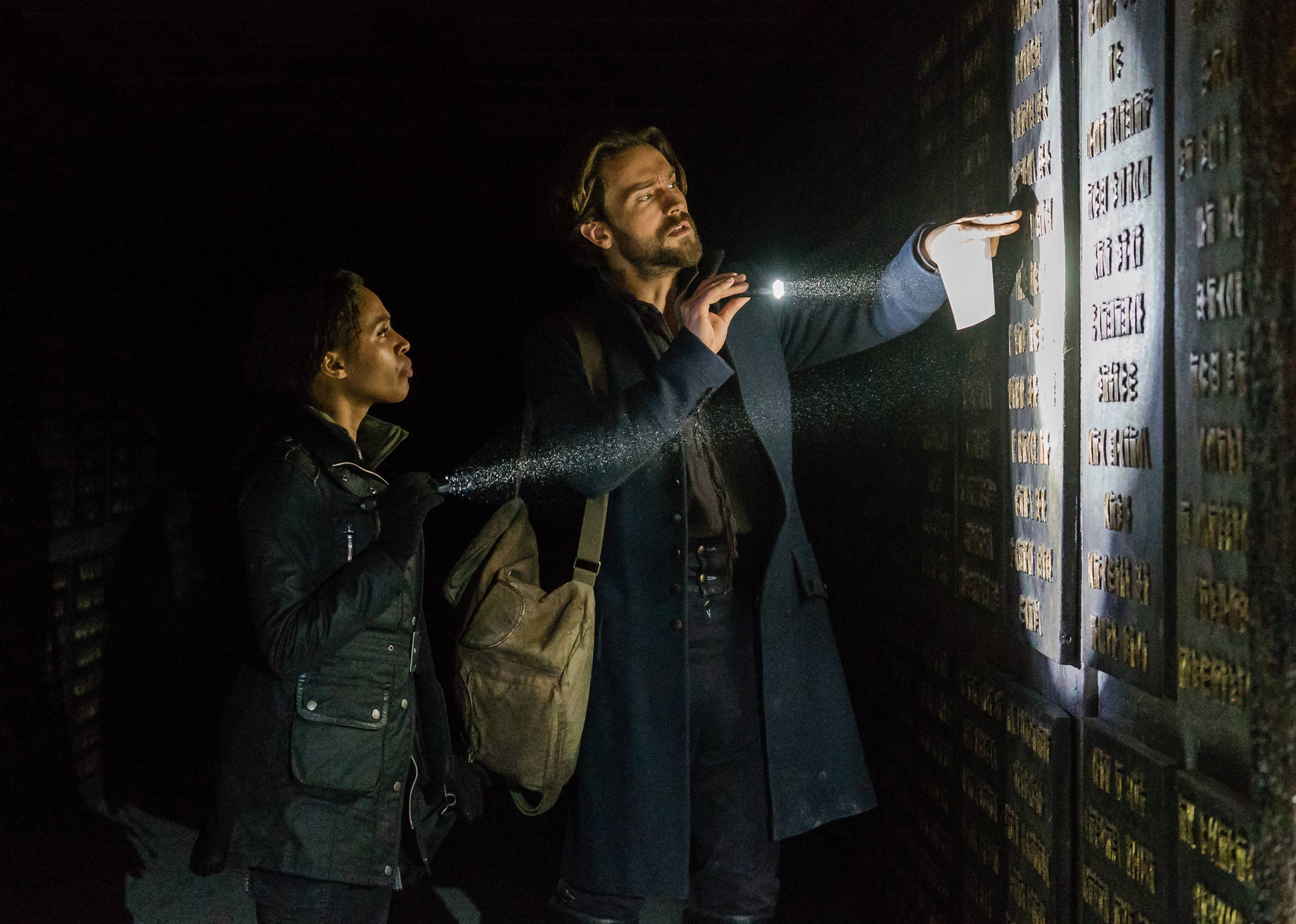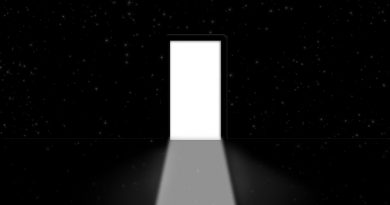Is Geek Too Chic?
“Fringe”
“No Ordinary Family”
“Chuck”
“The Cape”
“The Event”
“Supernatural”
“Smallville”
“The Vampire Diaries”
“Stargate: Universe”
“Caprica”
“Warehouse 13”
“Eureka”
Just a short list of the most recent genre offerings on network and cable TV. And then there’s the list of movies that are about to hit this year. It’s a great time to be a geek.
Or is it?
For years, geeks have been part of the underground – under-appreciated, taken for granted, derided, ignored, sneered at… We’ve all heard the “Living in Mom’s Basement” gags thousands of times. And while those stereotypes have never (quite) been true, enough people bought into this notion that geeks lived on the fringe. That somehow we were different, odd, not quite in synch with the rest of the world.
And then geeks became mainstream.
With the Prequels, “Psych”, “The Big Bang Theory” and other shows giving characters Geek Cred without making them look like Napoleon Dynamite, geeks have finally become an acceptable part of the culture.
But that begs the question: “Is that a good thing?”
Maybe. Maybe not. Consider that for every “Firefly” there is a “Bionic Woman” and “The Event” – the bad shows outnumber the good ones, and the good ones go away too quickly. Because geeks don’t watch TV anymore. They stream it. Geeks are first adopters of new technology, which probably gives the Nielsen company fits. But that also creates a situation where a lot of bad science fiction gets produced to appeal to the general population, people who have not learned what good science fiction can be.
The original “Star Trek” had writers like Theodore Sturgeon, Harlan Ellison and Robert Bloch contributing stories. Nowadays, where are the episodes of “V” written by David Weber or John Ringo? How about “No Ordinary Family” by Kevin J. Anderson? Let Dayton Ward and Kevin Dilmore take a crack at “The Cape”.
Because it’s become a part of the general culture now, there’s not enough appreciation for just how special science fiction can be, has to be. It can’t be the same cookie-cutter five-act story you get with other shows. It’s not driven by angst and emo drama every week in an endless arc that does nothing to examine the human condition.
Science fiction has always served to provide self-examination of who we are, where we’re going, as humanity grows and progresses and (maybe someday) reaches for the stars. But nowadays, so many sci-fi offerings treat the material as if it’s just another day at the studio.
What’s “V” telling us now? What did we learn about ourselves from “Caprica”? How does “The Event” make us better?
Have we passed the tipping point, where science fiction is now influenced more by Micheal Bay and J. J. Abrams instead of Isaac Asimov and Ray Bradbury? Has science fiction sold out? (Yes, George Lucas, I’m looking at you…)
And have we, the fans, let it happen?





I added your site to my favorites.